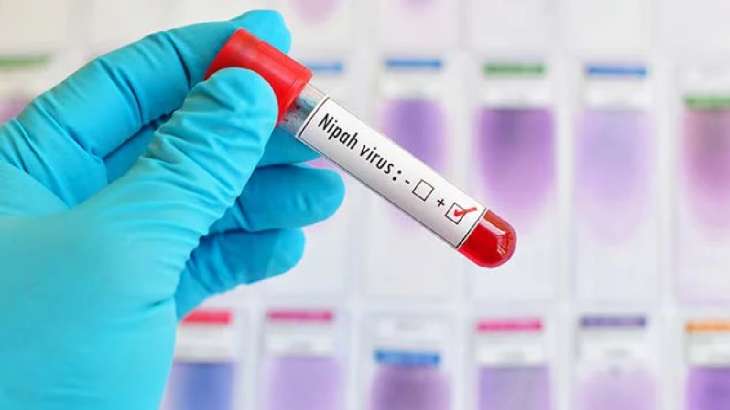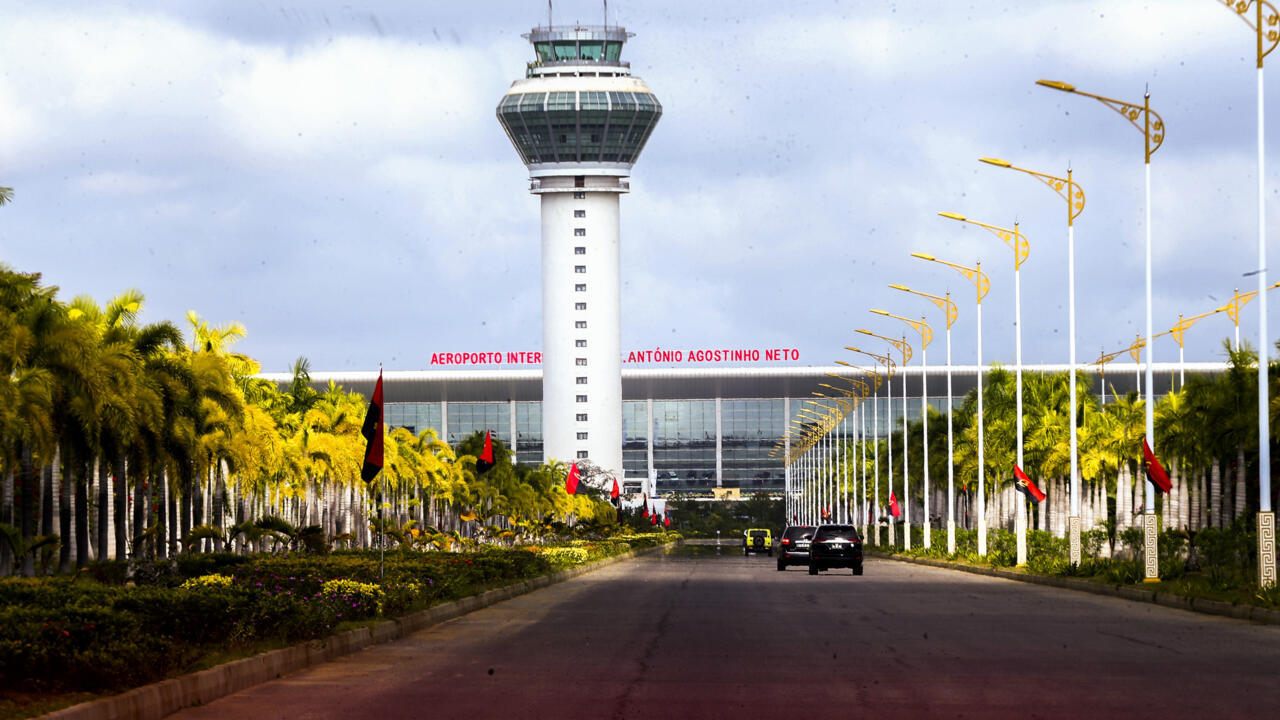India finds itself on high alert as it grapples with the reemergence of the Nipah virus, a deadly pathogen that has claimed two lives and infected three others in the state of Kerala. In response to the outbreak, authorities have taken swift measures to contain the virus, including the prohibition of public gatherings and the closure of numerous schools in the affected areas. The situation is being closely monitored as over 700 individuals, including approximately 150 healthcare workers, are under observation due to potential exposure to infected persons.
The Nipah virus, which was first discovered during a 1998 epidemic among pig farmers in Malaysia and Singapore, has long been a cause for concern. This zoonotic virus is believed to originate in fruit bats, specifically the flying foxes, and has the potential to spread from animals to humans or from person to person. Infection with Nipah can lead to flu-like symptoms, severe encephalitis, and even coma, with a staggering mortality rate ranging from 40 to 75 percent, according to the World Health Organization (WHO).
One of the most alarming aspects of the Nipah virus is its potential for global pandemic spread, a concern voiced by WHO. Currently, there is neither a vaccine nor a specific antiviral treatment for Nipah, making it imperative to rely on early detection, isolation, and strict infection control measures to curb its transmission.














